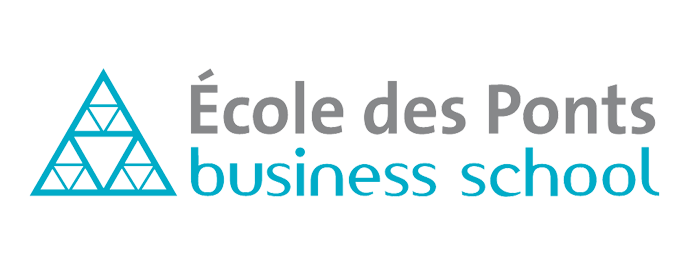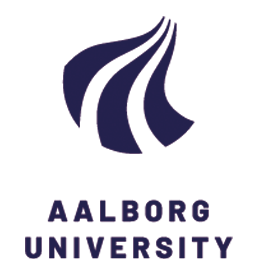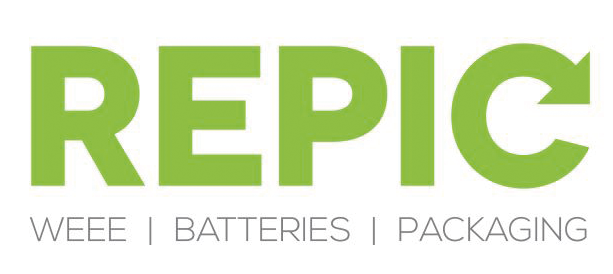CERES report on circular economy training needs: first results of the study
23 Aprile 2024
To access the full report take part to our Webtalk on 13th May 2024 at 4.00 pm (CET)
The report was realised by ten European partners from companies, the training world and universities in which the gap between current training offers and the real needs of the labour market is assessed. The first step to close the skills gap for the circular economy
An important new element of CERES, the European project that aims to support the ecological transition of the production system through training in the circular economy, is about to arrive. On 13 May, the report entitled “Report on Circular Economy Labour Market Training Needs in Vocational Training and Higher Education” will be presented. The authors outline market trends in the circular economy sector, training gaps and the needs of companies, as well as recommendations on the content of new curricula related to the circular economy.
The analysis within the report mainly aims to identify the existing gap between current training offers and the actual needs of the labour market. The results of this study will be the starting point for the next steps of the project: to develop and deliver new curricula in line with the labour market demand of the circular economy and to develop CERES courses for workers and students, which will then be made available online through its Circular Economy-Digital Innovation Hub (CE-DIH). The project, funded by the European Commission, started last June and will end in May 2026.
The CERES project in brief
CERES (Circular Economy Innovation Ecosystems Redesigning Skills) aims to respond to major social and economic challenges, both in the field of education and work, within the current economic, social and environmental context of intertwining innovation, the need for new skills and digitalisation, in the midst of a climate crisis and the need for an increasingly circular economy.
The CERES consortium consists of nine actors (universities, vocational training institutions, consortia of companies, institutions and non-profit organisations) active in the field of the circular economy in five EU countries (Denmark, Italy, France, Bulgaria and Cyprus) plus one partner from the United Kingdom. The partners include the Centro Documentazione Conflitti Ambientali (CDCA), a non-profit organisation working in the field of promotion and communication of the circular economy, which will take care of the research and dissemination part of the results, and the universities Politecnico di Milano and Politecnico di Bari.
The aim of the first report: an overview
Coming to the first results, the report was structured in several sections. The system analysis made on the existing literature was aimed at identifying the main skills and market needs in terms of professional qualifications for the transition to the circular economy. In addition to technical qualifications, future professionals will be called upon to develop relational and digital transition-related skills in a lifelong learning perspective. The possible absence of these skills could prove to be an insurmountable obstacle to the success of the double transition, green and digital. This is why it is necessary to set up teaching and training activities as soon as possible to create a highly qualified workforce in these areas.
At the methodological level, forty competencies were identified, divided into three sets: resilience, digital and specialist/technical competencies. Resilience skills proved to be of primary importance in the design of circular business models or for the restructuring of supply chains with respect to ongoing social and economic transformations. Of the various skills listed, the one that emerged as crucial was the specialised/technical competence for the design of eco-friendly products and all strategies to reduce impacts throughout the life cycle.
The market analysis, on the other hand, focused on the comparison of different existing training programmes on the topic of the circular economy, both vocational and higher education.
In vocational education, the courses not only explain the main concepts of the circular economy, but also subsequently decline it in the relevant sector (e.g. agribusiness, construction, fashion). The courses in higher education, on the other hand, tend to address circular economy issues at a general level, with theoretical concepts and in-depth studies on monitoring and evaluation of key performance indicators (KPIs), as well as a broad overview of the main technologies that can support the circular transition. What emerges, however, is a general lack of practical learning, especially at the higher education level.
A circular economy skills map
On the other hand, the survey and interviews focused on listening to the business world in order to find out what skills and professional figures are in demand in the market for the circular economy, but also the barriers and gaps that slow down the transition. Finally, an overview of the practices adopted by companies to increase their level of circularity was provided. All this was done with a view to supporting both educational institutions, helping them to develop more effective training courses and curricula, and companies wishing to move towards the circular economy, to understand what the key areas for improvement are and how to retrain and update their employees.
The interviews also focused on critical skills, focusing exclusively on three sectors (textiles, WEEE and automotive). Digital skills are considered critical in all sectors, while logistics is perceived as more relevant for WEEE and legislative skills for the textile industry. Very interesting is the conclusion that, according to the answers of the interviewees, more than new professionals, the retraining of existing ones will be indispensable in the coming years.
An inspiring study for companies and politicians
In addition to having an academic purpose, the CERES study is an opportunity for companies and policymakers, who find a mine of data and information to guide their choices in view of the transition to the circular economy. On the one hand, companies are put in a better position to understand the skills needed for professional development: a prerequisite for devising an appropriate training plan and devising a strategy for recruiting new talent.
For policy makers, on the other hand, the study, and more generally the CERES project, can help in initiating the standardisation of skills essential for the circular economy and the digital transition. Institutions can create instruments to foster skills diversification, such as additional vocational education programmes and the promotion of partnership networks between the public sector, industry and civil society. Another area for policy action, the study authors suggest, is to encourage the integration of skills for the circular economy from the early years of schooling.
To access the full report take part to our Webtalk on 13th May 2024 at 4.00 pm (CET)










